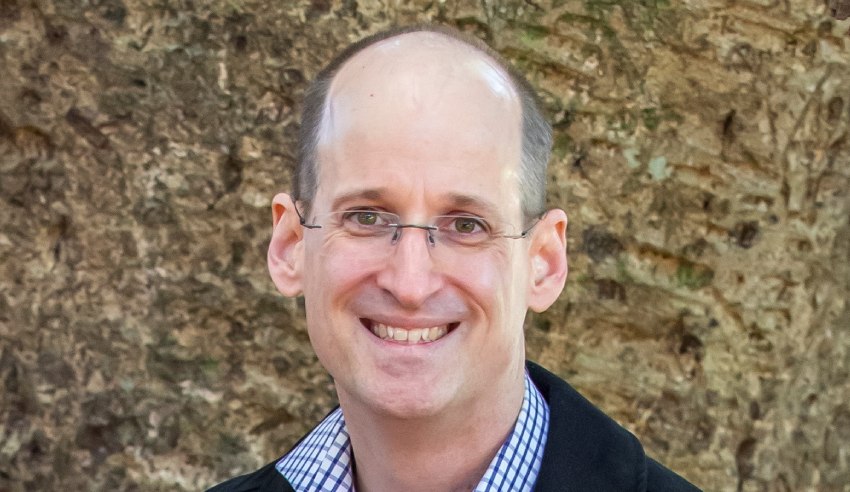With stress, anxiety, depression, and suicide ideation still so prevalent in Australia’s legal profession, mental health first aid can and should be a bigger part of our response, writes QCAT member Glen Cranwell.

On 24 February 2022, it was announced that Justice Helen Bowskill had been appointed as the next Chief Justice of the Supreme Court of Queensland. In announcing the appointment, the Queensland Attorney-General and Minister for Justice Shannon Fentiman said:
The fact that a statement announcing the appointment of a Chief Justice included a reference to mental health issues is a hugely significant sign of the changing attitudes towards mental health in the legal profession. However, as long as a stigma remains, there is work still to be done.
Mental health in the legal profession
High levels of mental illness in the legal profession are by no means a new revelation. In her paper presented to the ODPP Crown Prosecutor’s Conference, Justice Bowskill referred to a series of studies and surveys conducted between 2006 and 2017. All the research found that lawyers experienced higher levels of psychological symptomatology compared to other professions or the general population.
We know that even the strongest and most accomplished lawyers can struggle with their mental health. Another pioneer in bringing mental health issues out of the shadows is former Federal Court judge Shane Marshall.
Justice Marshall disclosed his battle with depression in a series of interviews in February 2015. It was reported that he was believed to be the first sitting judge in Australia to speak publicly about his struggle. As one journalist who interviewed his honour observed, “[i]t’s difficult for anyone to make themselves this vulnerable, let alone a 20-year veteran of the Federal Court bench”.
Justice Marshall told the ABC: “I was first diagnosed with depression in 2008 and was given a mild antidepressant and some strategies for recovery by a psychologist.”
His honour also told the ABC that he worked three times as hard to overcome his symptoms, and no issues have been raised with either his judgments or his conduct on the bench.
Looking after ourselves
Justice Bowskill’s papers offer a number of approaches for managing the stress and stressors associated with legal work. Her honour found the following things to be helpful:
“Find a few close colleagues you can trust, to talk about things that are troubling you. Speak up – let the leaders of your organisation know if you are having difficulties, either with workload or type of work or whatever it might be. Share a laugh with friends and colleagues. Have other interests – so that you can, or have to, leave work behind. All the usual advice: exercise, try to eat well, and don’t drink too much. Take your holiday leave, regularly. Consider ‘e-mental health’ resources. If you are struggling, don’t hesitate or wait too long, seek professional help as soon as you can.”
As Justice Marshall observed, mental illness is no different from any serious physical condition that might need to be managed with medical treatment.
Looking after each other
Many people are still not well informed about how to recognise mental health problems, how to respond to co-workers and colleagues, and what treatments are available. One way for legal professionals to extend their knowledge and skills in this area is through a Mental Health First Aid course, offered by Mental Health First Aid Australia.
The Mental Health First Aid course contains an e-learning component that covers mental health problems, including depression, anxiety problems, psychosis, substance use problems, gambling problems and eating disorders. It also covers risk factors and appropriate evidence-based treatments and supports.
This is followed by a face-to-face component (which can also take place virtually), which teaches the skills needed to recognise mental health problems and crises in co-workers and colleagues. It also teaches how to approach someone and have a conversation about mental health and to let them know what resources are available.
The Mental Health First Aid course does not teach people to provide a diagnosis or therapy. Instead, it provides mental health first aiders with the skills and knowledge to immediately assist any colleague who is struggling mentally and to direct them to appropriate professional help and other supports if necessary.
Course by course, and through leadership from those such as new Chief Justice Bowskill and former Justice Marshall, we can make our profession a safer place to work. The more we talk about mental health, both in wider society and within the legal profession, the more we break down the remaining stigmas surrounding mental health.
Support for those experiencing mental illness can be found through organisations such as Lifeline, Beyond Blue and Head to Health.
Glen Cranwell is a mental health first aider. He is also a member of the Queensland Civil and Administrative Tribunal and a former member of the Administrative Appeals Tribunal. The views expressed are his own.